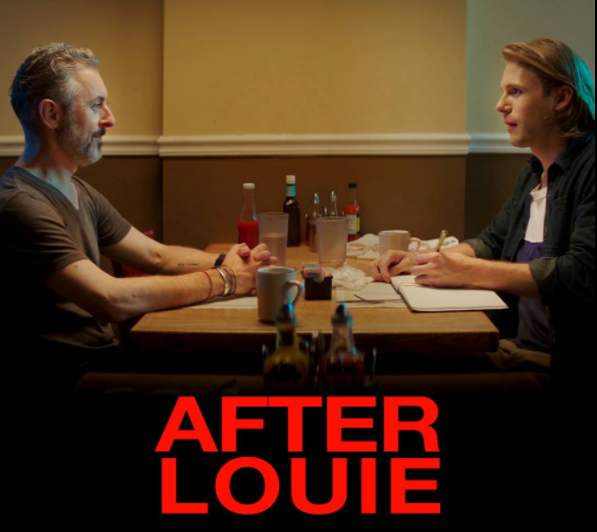
The LGBTQ film AFTER LOUIE “a conversation between two generations” Starring Alan Cumming and Zachary Booth the film screens at Seattle’s Northwest Film Forum six times between March 23rd and 29th.
Filmmaker Vincent Gagliostro, director of AFTER LOUIE which screens at Northwest Film Forum this weekend, was on the forefront of the AIDS activism movement in the 1980s and 90s as the plague ravaged the gay community. An original member of ACT UP, he chaired the Communications/Graphics Outreach committee of the influential activist organization which fought for and won better access to AIDS/HIV treatments for the hundreds of thousands of people fighting the disease in those deadly early days of the epidemic.
I am a survivor of my own generation. A generation of people who were young activists during the AIDS epidemic and who today, having survived, continue to be affected and haunted by their history. We fought. We lost many but we won…winner’s remorse.
As opposed to making a painting where I can hide everything, I had to understand myself more deeply than I have ever had to. I had stories to tell that no longer could be abstracted onto a canvas. They had to breath differently. I had to breath differently. It was time.
I began working on AFTER LOUIE at a moment in which I found myself politically at odds with a gay community in a state of accelerated assimilation which I fear ignores the complexities of the modern gay, lesbian and transgender experience – threatening to relegate our history to a shameful past. I grew increasingly aware that a younger generation of gay men would never experience the benefits of the great gay sexual revolution and feared the older ones could only remember how it was.
What is happening to us, to me, today, and when did we stop talking? How do I connect to those who don’t recognize what I went through? How do we pass along our stories and lessons to a younger generation? Is to survive to understand? We need to start talking. The dying has stopped and we are disengaged not only from AIDS activism but for some, ourselves—each other and our community.
“The problem is not to make political films, but to make films politically.” These words of Jean Luc Godard’s offered a template for me to work from as I set out to make a film about Sam, a man who, having experienced ACT UP and his AIDS activism, must now confront that this is not only his history alone but a shared one. One shared by a younger generation of gay men who are seen by the “Sams” as taking for granted what those before them fought for. Who could blame this new generation for running in all directions to get away from the past? I was once the new generation running from my predecessors’ past as well. This mutual history is an on-going, ever-developing one of shared themes; intimacy, friendship, longing, acceptance, betrayal, loyalty, anger, tolerance, loss, grief, desirability, relevance and community.
When Braeden tells Sam, “Things are different, things are better, now. And, you did that Sam, for all of us,” the film begins to bridge that gap of where we were and where we are now. An evolution that mature gay men of both generations can look at now. Like a Trojan Horse, the film comes on as an intergenerational love story, but really it is an exploration of displacement, aging and being young, how we have sex and how “they” are being queer differently than we were.
“This is so META…” —Anthony Johnston
Prior to my collaboration with co-writer Anthony, my experiences of the younger generation were two. One, as assistants in my studio and the other as just observing. When I began writing the film, I was writing Braeden and Lukas based on those experiences. Once I started working with Anthony, it was a different kind of relating. He wasn’t my assistant and I was forced to participate rather than simply observe. We were the space that existed between two generations of gay men.
Two generations coming to the present from two opposite sides of the AIDS crisis, we were able to bring our own points of view. Our conflicting and clashing ideas and perspectives helped us to create something new. Our writing collaboration brought vitality and an immediacy to the film that I couldn’t have done on my own. We pushed and challenged each other, which we were able to translate into the relationship between Sam and Braeden. Our process working together is mirrored in the their story— it allowed us to bring a lot of ourselves into the work.
We talked about what we were both facing. We shared what we wanted. To be loved, to connect, to be happy and safe. We wanted community. Discovering our shared wants and desires became the intersection of generations and revealed a vulnerable world for both Vincent and Anthony and Sam and Braeden.
– Vincent Gagliostro, writer and director of the film AFTER LOUIE
After Louis will screen six times from Friday, March 23 through Thursday, March 29, 2018 at Northwest Film Forum.
More details:
AFTER LOUIE
Fri Mar 23:
Sat Mar 24: ,Sun Mar 25: ,Thu Mar 29:
$12 General Admission
$9 Student/Senior
$7 Member
Vincent GagliostroUS20171h 40m
About



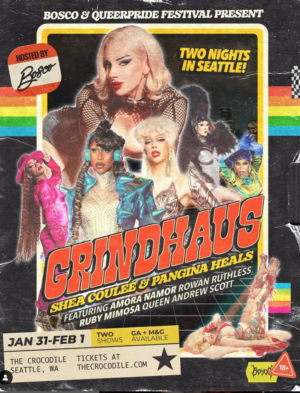
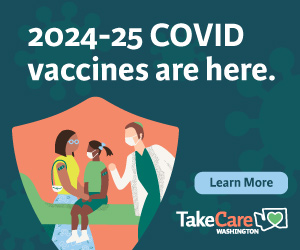
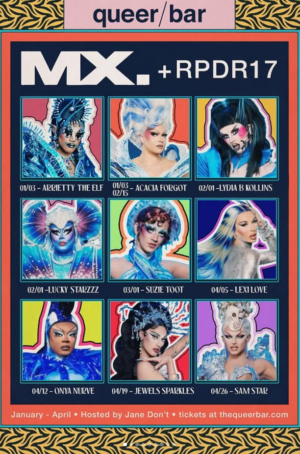
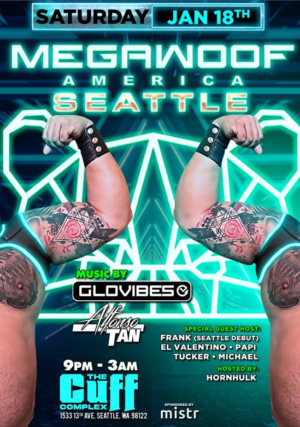
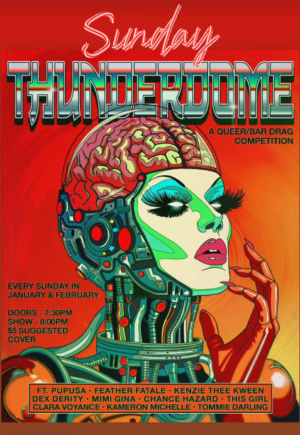
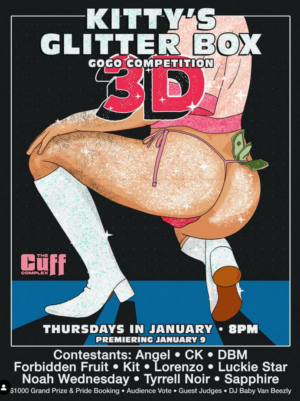


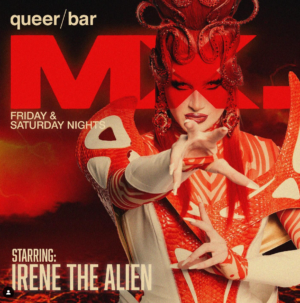
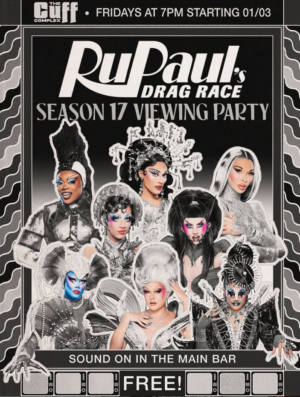
Leave a Reply